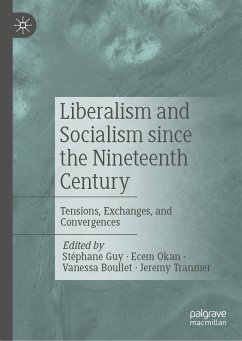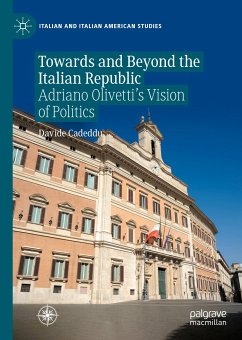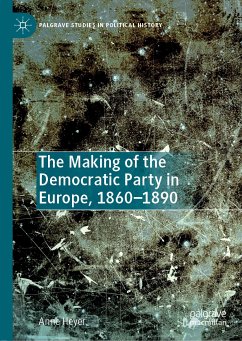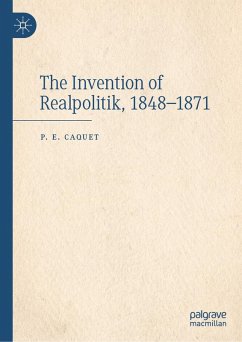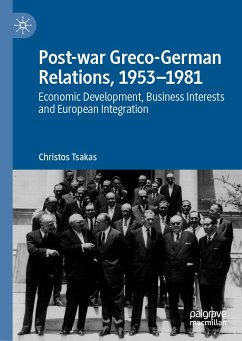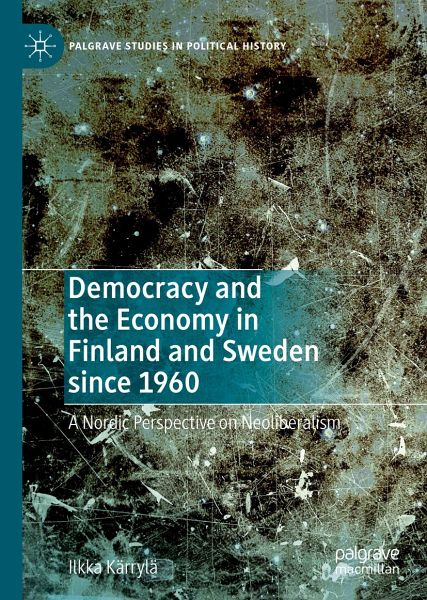
Democracy and the Economy in Finland and Sweden since 1960 (eBook, PDF)
A Nordic Perspective on Neoliberalism
Versandkostenfrei!
Sofort per Download lieferbar
96,95 €
inkl. MwSt.
Weitere Ausgaben:

PAYBACK Punkte
48 °P sammeln!
This book explores the relationship between democracy and the economy in contemporary political thought and policy-making. Using the concepts of economic, industrial and enterprise democracy, the author focuses on the history of Finland and Sweden during the latter part of the twentieth century. The three concepts are discussed in relation to various political groups, such as social democrats, conservatives and liberals, and the reforms that they were associated with, painting a picture of changing economic thought in the Nordic countries, and the West more generally. Arguing that the concept ...
This book explores the relationship between democracy and the economy in contemporary political thought and policy-making. Using the concepts of economic, industrial and enterprise democracy, the author focuses on the history of Finland and Sweden during the latter part of the twentieth century. The three concepts are discussed in relation to various political groups, such as social democrats, conservatives and liberals, and the reforms that they were associated with, painting a picture of changing economic thought in the Nordic countries, and the West more generally. Arguing that the concept of democracy has evolved from representative parliamentary democracy towards 'participation' in civil society, this book demonstrates how the ideal of individual freedom and choice has surpassed collective decision-making. These shared characteristics between Finland, Sweden and other Western countries challenge the view that the Nordic countries have been exceptional in resisting neoliberalism. In fact, as this book shows, neoliberalism has been influential to the Nordics since the 1970s. Offering an innovative and conceptual perspective on European political history, this book will appeal to scholars interested in Nordic political history and modern European history more generally.
Dieser Download kann aus rechtlichen Gründen nur mit Rechnungsadresse in A, B, BG, CY, CZ, D, DK, EW, E, FIN, F, GR, HR, H, IRL, I, LT, L, LR, M, NL, PL, P, R, S, SLO, SK ausgeliefert werden.




